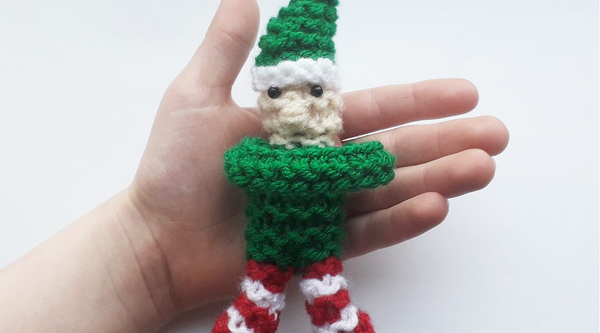Restlessness and agitation in dementia
Restlessness and agitation are common behaviours in people living with dementia. These behaviours can be difficult for others to understand, but finding out the causes can help you to support the person.
Behaviour changes
- How does dementia change a person's behaviour?
- What causes changes in behaviour in people with dementia?
- Reducing and managing behaviour that challenges
- Repetitive behaviour and dementia
- Trailing, following, checking and dementia
- Dementia and hiding, hoarding or losing things
- Loss of inhibitions and dementia
- You are here: Restlessness and agitation in dementia
- Social withdrawal and dementia
- Behaviour that challenges - looking after yourself
What is restlessness?
A person with dementia may feel agitated or irritable, fidget, tap their fingers or make other repetitive movements. They may also walk up and down, move objects around or fixate on tasks such as tidying. Or they may try to leave the house. These behaviours are known as ‘restlessness’.
What causes restlessness in people living with dementia?
They may be a symptom of the physical changes in the brain caused by dementia. A person may become agitated suddenly because of a change or specific cause, such as increased noise or not being able to do something they previously could. Or they may feel a general sense of agitation but not know why.
A person may feel restless as a side-effect of certain medication (such as some antipsychotic medications). If you think this is the case, ask the person’s GP to check whether their prescription could be causing them to feel restless.
There is also a medical condition called ‘restless leg syndrome’ that gives people an overwhelming, irresistible urge to move their legs to stop unpleasant sensations – mostly at night. This condition causes people to get up and walk about during the night. If you think the person you are supporting might have restless leg syndrome, talk to their GP.
Some people may be restless because they feel anxious. A number of things can cause anxiety. For example a person with dementia might be more aware of the changes they are experiencing or because they are unable to continue with hobbies and tasks they enjoy.
A less common reason is that they may be responding to issues with their visual perception or hallucinations and how they interpret what they see. This is a more common symptom of certain types of dementia, such as dementia with Lewy bodies.
How should I support a person feeling agitated or restless?
Try to reassure the person you are caring for and encourage them to tell you why they feel anxious.
You may need to go through a process of trial and error to work out why the person you are caring for is agitated or restless. It can be useful if you start by checking for any physical causes – make sure they are wearing comfortable shoes and clothing, and try adjusting the heating to change the temperature. You can also ask their GP to examine them for any physical illnesses.
Products that help with restlessness
The Alzheimer's Society shop has a range of sensory stimulation products that can help with restlessness.








